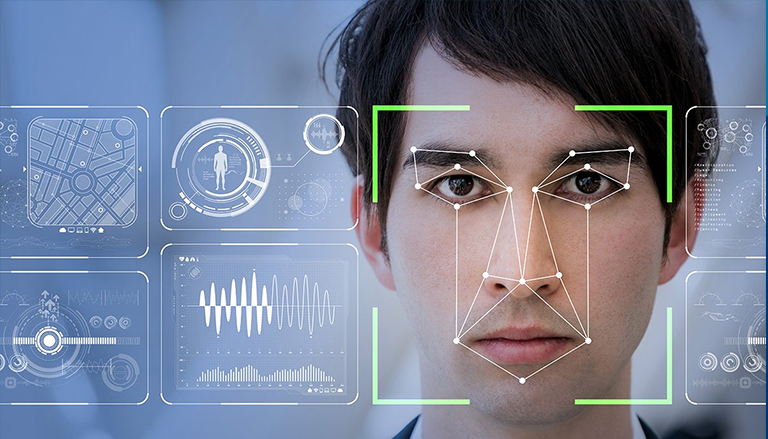The Best AI Powered Supporting Software In Sydney
Artificial Intelligence (AI) software is a computer program that learns diverse data patterns and insights to replicate human behavior. Machine Learning, Chatbots, Deep Learning, and other top AI software features in Sydney are listed here. Paired with machine learning, AI offers users the necessary capabilities and simplifies the business process. AI software is used to create and develop intelligent applications from the ground up using Machine learning and deep learning capabilities.
AI platforms
AI platforms are the appropriate solution for developers that want to build their intelligent applications on top of another platform. These tools, like a conventional application platform, frequently feature drag-and-drop capability with prebuilt algorithms and code frameworks to aid in the creation of the application from scratch. The distinction between AI platforms and cloud platforms as a service (PaaS) offerings is the former provides the opportunity to put in the machine and deep learning libraries and frameworks when developing the application. AI platforms, a mix of open-source and proprietary technologies, ultimately provide applications with an intelligent edge; they enable the building of innovative applications with minimal overhead. However, these platforms may prove tricky for those without significant coding skills, especially with the inclusion of drag-and-drop capabilities for beginners.
Chatbots
Chatbots are a highly polished area of AI software with particular business purposes: customer experience and automation. These systems use natural language processing (NLP) to communicate with clients via text and voice chats. Chatbots are frequently utilized as a call center or live chat customer support agents’ first line of defense. Organizations may better route consumers or prospects by employing a chatbot to identify the severity of a request or the reason for the contact. These tools can interpret the overall theme of requests and ensure that the relevant person replies to the query. Like the new Facebook chatbot functionality, chatbots can be utilized as virtual assistants or customer care tools. Chatbots can learn and adapt their vocabulary and general intelligence as they interact and converse with humans. This is all feasible because of the software’s machine and deep learning functionality.
Deep learning
Deep learning algorithms differ from machine learning algorithms because they use artificial neural networks to make predictions and judgments rather than human instruction. Extensive algorithms using artificial neural networks can make judgments in the same way that the human brain does. However, the decisions are made on a lesser scale because recreating the number of neuronal connections in the human brain is now unachievable. Deep learning is subdivided into image identification (computer vision), natural language processing (NLP), and voice recognition. Image recognition algorithms enable programs to learn individual photos pixel by pixel; for example, Facebook’s capacity to recognize your friends’ faces when tagging them in a photo may be the most widespread use of an image recognition algorithm. NLP can absorb human language in its natural form, allowing a machine to understand simple commands and speech from the user. NLP is commonly employed in applications such as Siri on the iPhone and Cortana on Microsoft’s Windows devices. Each of these subcategories uses artificial neural networks and relies on the deep layers of neural connections in the networks to achieve a higher level of learning.
Machine learning
The machine learning algorithm category includes a wide range of libraries and frameworks that, when properly implemented, can execute various machine learning tasks. When embedded into software, these largely open-source algorithms let applications make decisions and predictions based entirely on data. These algorithms frequently learn via supervised or reinforcement learning based on the data sets supplied to them for consumption. These forms of machine learning do require some degree of human training. There are many distinct forms of machine learning algorithms, such as association rule learning, Bayesian networks, clustering, and decision tree learning, to name a few. Connecting machine learning algorithms to data sources to leverage them when developing intelligent applications necessitates a high level of development expertise and technical understanding.
Embedded AI
Machine and deep learning technology are increasingly incorporated in practically all forms of software, whether the user is aware of it or not. Incorporating AI into software such as CRM, marketing automation, and analytics solutions enables users to streamline operations, automate specific jobs, and gain a competitive advantage through predictive capabilities. Embedded AI will only grow in the following years in a similar approach to how cloud deployment and mobile capabilities have over the previous decade or so.
Machine learning as a service
In recent years, the software industry has shifted to a much more granular microservices structure, particularly for development operations demands. Furthermore, the proliferation of public cloud infrastructure services has enabled giant corporations such as Google, Amazon, and Microsoft to provide development and infrastructure services to other firms on a pay-as-you-go basis. AI software is no exception, as those companies offer machine learning services (MLaaS) to other businesses. Developers can easily use these prebuilt algorithms and solutions by feeding them their data to obtain insights.




